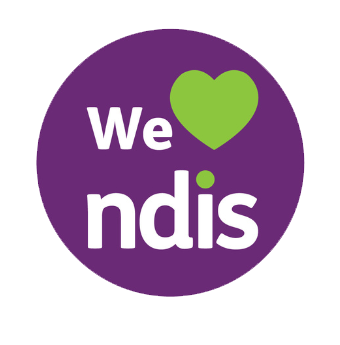To apply for the National Disability Insurance Scheme (NDIS), you will need to provide information about your disability and the kinds of supports you need. You can get this information from doctors, specialists, allied health workers and disability support services.
The application process is likely to be long and involved. You’ll need to think about what services or budgets to apply for in your NDIS plan.
Part of the process is to contact the NDIS and fill in an Access Request Form.
Pathway Planning recommends you speak to your doctor about making an application, get all your medical reports together and talk to a disability advocate.
Think about your goals for a good life:
- What services could you access to help you better participate in society?
- What supports could help meet your needs?
- What disability will you choose to present as a primary disability your application?
- What are other secondary disabilities do you have that you need help with to live a full and equal life?
Local Areas Coordination (LAC) can support you to understand and access the NDIS.
You can ask your LAC about the supports available in your community, even if you’re not eligible for an NDIS support plan.
LACs can help you to:
- Understand and access the NDIS – This can include workshops or individual conversations about the NDIS.
- Create a plan – If you are eligible for an NDIS support plan, your LAC will have a conversation with you to learn about your current situation, supports, and goals to help develop your plan. It is important to know that LACs cannot approve an NDIS plan, this is done by someone from the NDIA.
- Implement your plan – Your LAC will help you to find and start receiving the services in your NDIS plan. Your LAC can also provide assistance throughout your plan if you have any questions.
- Review your plan – Your LAC will work with you to make changes to your plan through a plan review. This generally occurs 12 months after your plan is implemented.
The National Disability Insurance Scheme (NDIS) has an oversight agency responsible for ensuring NDIS services are delivered fairly to you.
It’s called the NDIS Quality and Safeguards Commission (QSC) and you can reach it on weekdays on 1800 035 544. Alternatively, you can reach the Commission through TTY on 133 677 or the National Relay Service (1800 555 660) and ask to be put through to 1800 035 544.
You can complain if services or supports were not:
- provided safely or respectfully
- to an appropriate standard
You can make a complaint on the phone or use the Commission’s complaint contact form If you decide to make an anonymous or confidential complaint, you might call the complaints number instead of using the form.
You can also flag a reportable incident the Commission. People reporting an incident must use an Immediate Notification Form they submit at the NDIS Commission Portal.
If you or your supporters have any queries about the NDIS, you can call People with Disability Australia’s (PWDA’s) Information, Intake and Referral Service on 1800 422 015.
The NDIS funds a range of supports and services which may include education, employment, social participation, independence, living arrangements and health and wellbeing.
In order to be considered reasonable and necessary, a support or service:
- must be related to a participant’s disability
- must not include day-to-day living costs not related to your disability support needs, such as groceries
- should represent value for money
- must be likely to be effective and work for the participant, and
- should take into account support given to you by other government services, your family, carers, networks and the community.
For more information, watch the video below.
You are always welcome to give Pathway Planning a call, and we would be more than happy to answer your questions.







